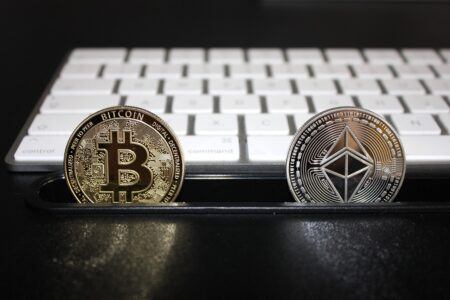The Abu Dubai National Oil Company (ADNOC) has said that it has successfully collaborated with IBM on a pilot for a blockchain-based oil and gas tracking system according to the company’s press release.
The project was announced at the World Energy Capital Assembly in London. At the event, ADNOC discussed their success in implementing advanced technology into its business model and touted how cutting-edge technology could help “unlock new value from oil and gas resources.”
The company noted how they are focusing efforts on economic growth through energy in the 4th industrial age, a time where “digital innovation is delivering unprecedented levels of prosperity and driving demand for oil and gas products.”
Streamlining ADNOC’s System
ADNOC also wrote in the release how utilizing blockchain will cut down on transaction time and foster operational efficiency.
Digital Unit Manager Abdul Nasser Al Mughairbi characterized the technology as “a game-changer” and noted its use would help the company meet its 2030 smart growth strategy.
The pilot system provides a single platform to track the financial values and quantity of bilateral transactions between ADNOC’s different operating companies. Aside from oil, the system will be used to track gas condensates, Natural Gas Liquids, and sulphur.
According to the release, the expanded blockchain system will eventually be linked to customer and investors to promote transparency and clarity in ADNOC’s business model.
IBM’s Zahid Habib, Vice President of Chemicals and Petroleum Solutions, noted how the pilot signifies how ADNOC is taking “ a massive leap forward in asset provenance and asset financials, which, in its simplest terms, enables the ability to track irrefutably, every molecule of oil, and its value, from well to customer.”
Blockchain is Coming To Oil And Gas
Many in the industry have discussed how blockchain and cryptocurrency could make their way into the world of oil and gas.
In November, Oilfield Technology wrote on one project, Permian Token, “ a crypto asset-class that will underpin holding rights to the value of potential but undeveloped oil and gas reserves.”
The company has made a number of partnerships with organizations in the field in an effort to list nearly 250 million bbls of potential reserves on the network.
Later in the month, the world’s first enterprise grade blockchain platform, VAKT, went live in a private launch. The initial launch of the system is set to trade BFOET crude oil contracts, but VAKT has indicated a desire to expand to all “physically traded energy commodities.”








